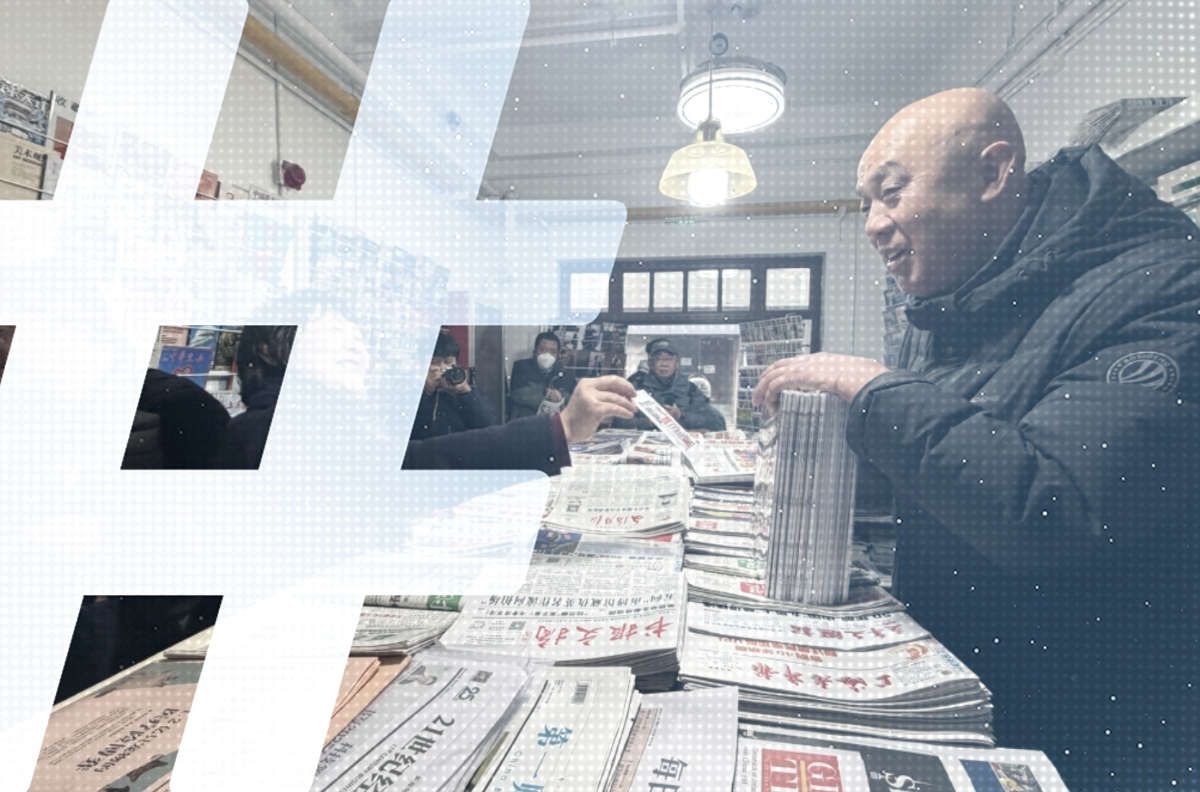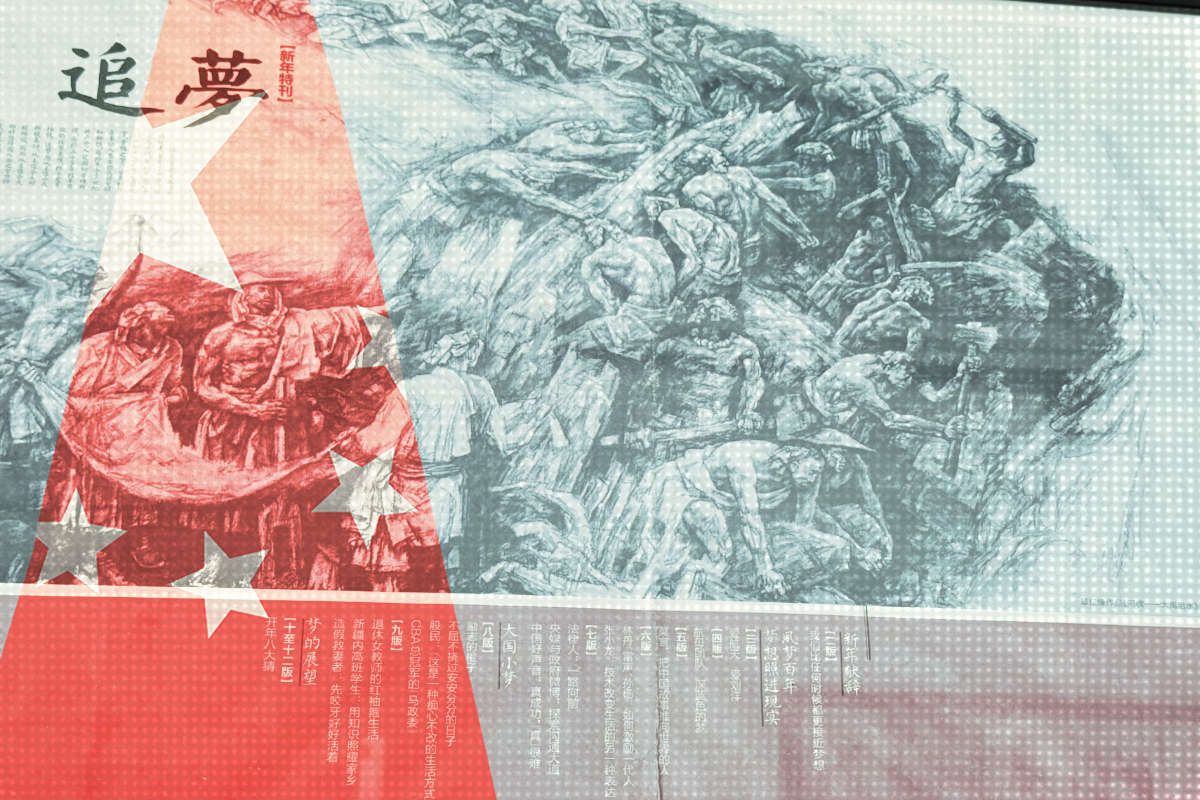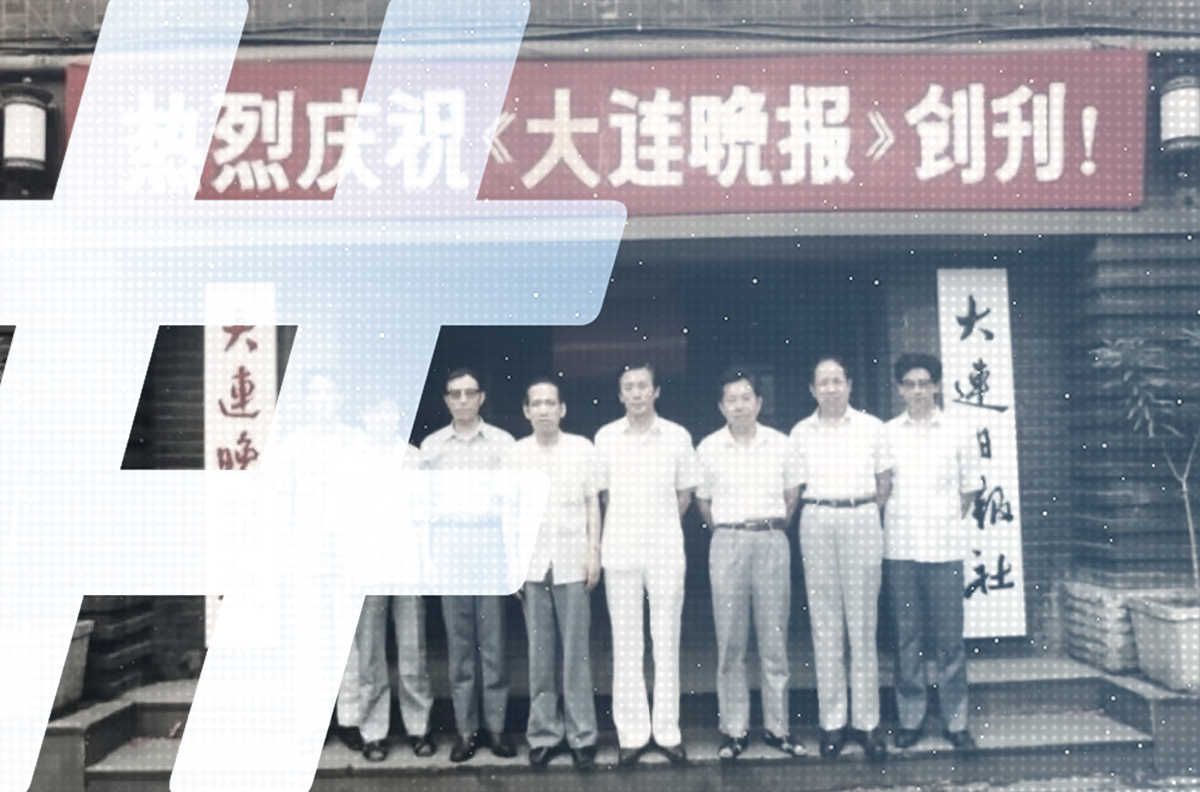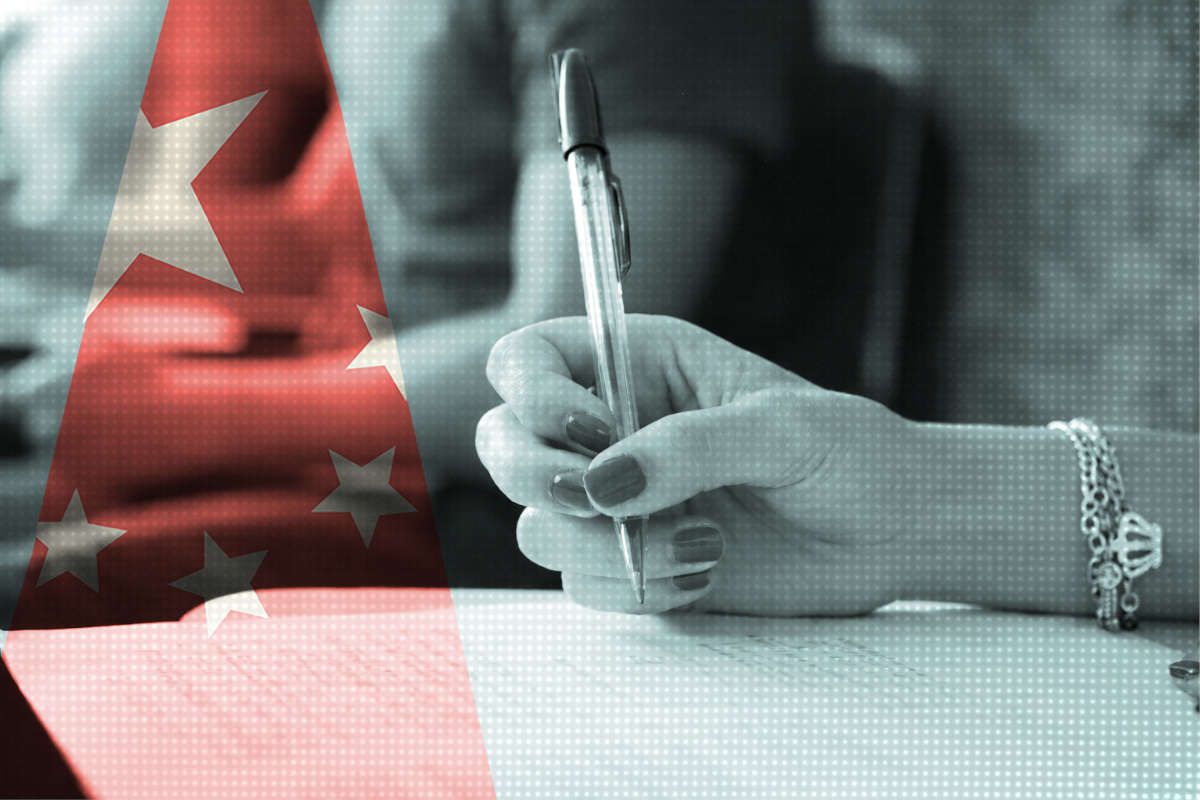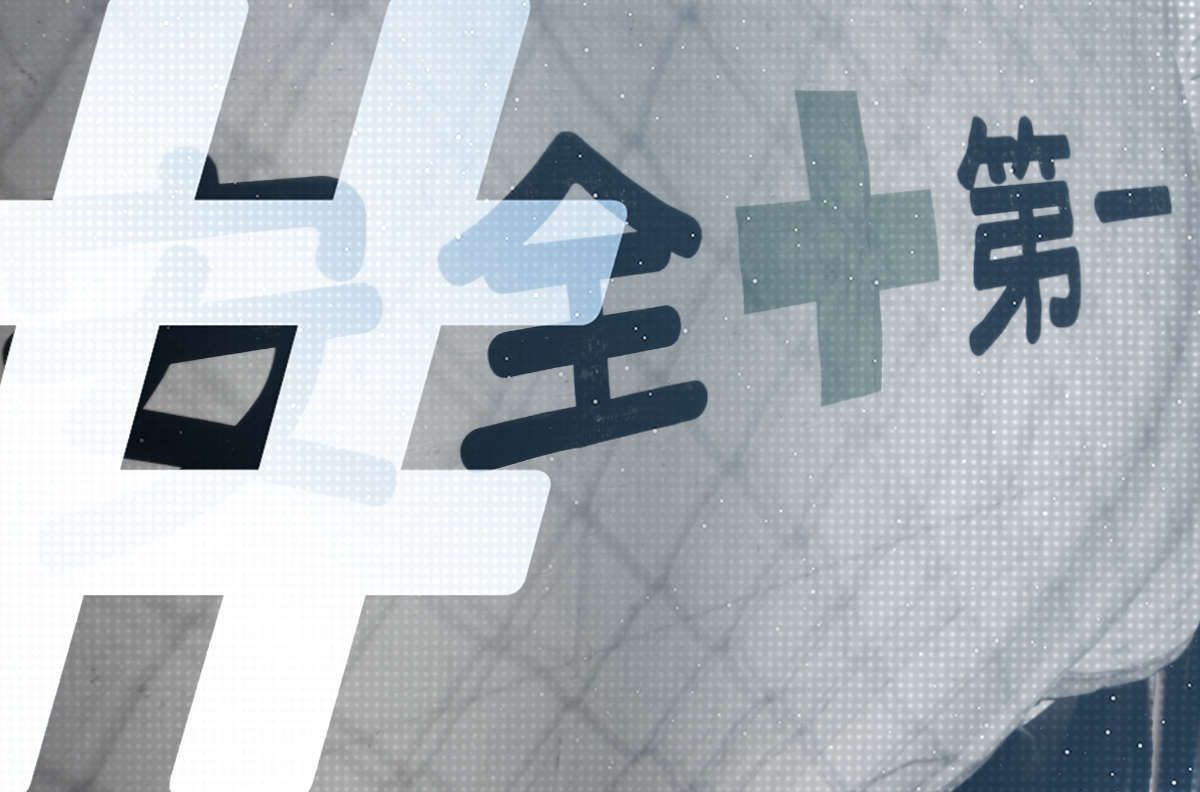Headlines and Hashtags
Prosecutors in Zhejiang news extortion case argue former bureau chief’s actions amount to official bribery
The “news extortion” case of Meng Huaihu (孟怀虎), former Zhejiang bureau chief for China Commercial Times, was heard on appeal in a Zhejiang court today as prosecutors insisted the first instance court was wrong in finding the defendant guilty solely of “extortion”, and the defendant argued his sentence was unduly harsh, according to China News Service.
Key to deliberations was the question of whether Meng, as an employee for state-owned media, should be dealt with as a government worker or an ordinary citizen. [BELOW: Screenshot of news coverage of the Meng Huaihu case at QQ.com].
Meng Huaihu was sentenced to seven years in jail by a Hangzhou court on November 30, 2006, and ordered to return to “injured parties” 630,000 yuan he had allegedly extorted. Meng appealed the verdict.
In echoes of the recent Lan Chengzhang story, which also concerned news extortion and sparked a debate over what it means to be a “journalist” in China, prosecutors argued on appeal today that as a journalist employed by state-owned media (国有媒体) Meng Huaihu’s situation under the law was different from that of a “freelance writer” (自由撰稿人). Meng Huaihu was invested by the state, said prosecutors, with the power to conduct “supervision by public opinion” (舆论监督), or “watchdog journalism”, which they called “a classic form of public power”. Meng’s crime was therefore tantamount to [the common executive offense] of bribery, even if it had all the hallmarks of extortion. As bribery was a far more serious crime, with deeper political impact and more damaging to society, this should be reflected in Meng Huaihu’s sentence, prosecutors argued.
According to the China News Service report, Meng Huaihu answered the arguments of the prosecution by saying his sentence was unduly harsh, and that as Chinese media laws were imperfect on this point he should not be asked to bear sole responsibility.
China Commercial Times is a Beijing-based business paper published by the All-China Federation of Industry and Commerce (ACFIC).
Meng was quietly removed from his position in 2005 after allegedly trying to force an advertising contract from China Petroleum and Chemical Company (Sinopec) by threatening to write a negative news report. China issued a ban on news coverage of the affair, and for months the only trace remaining of the China Commercial Times incident was a report from September 2005 in which ACFIC’s chairman called the incident “a painful lesson” and vowed the paper would clean up its act by “grasping the lessons of the Marxist View of Journalism, [former President Jiang Zemin’s] Three Represents and the Three Lessons [training program for media personnel, which emphasizes upholding the Party’s principles in news work].”
In May 2006, Meng Huaihu suddenly surfaced again in an official Xinhua news bulletin detailing acts of news extortion (新闻敲诈) allegedly carried out by journalists from the provincial bureaus of four Beijing-based newspapers, including China Commercial Times. The bulletin was a stern warning to newspapers in China to clean up their regional news bureaus [Coverage from CMP]. [Coverage from ESWN].[Coverage from South China Morning Post].
[Posted by David Bandurski, February 28, 2007, 9:02pm]

